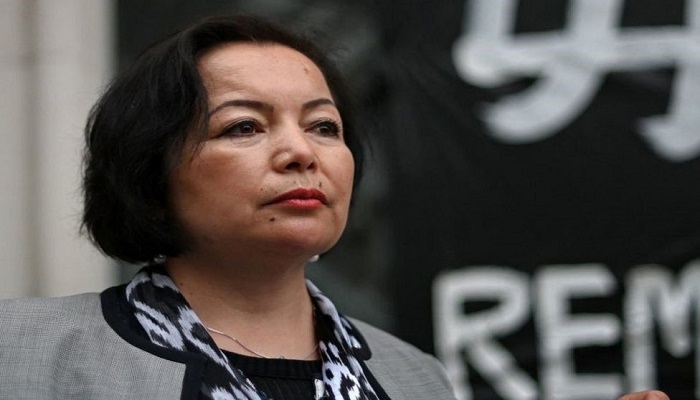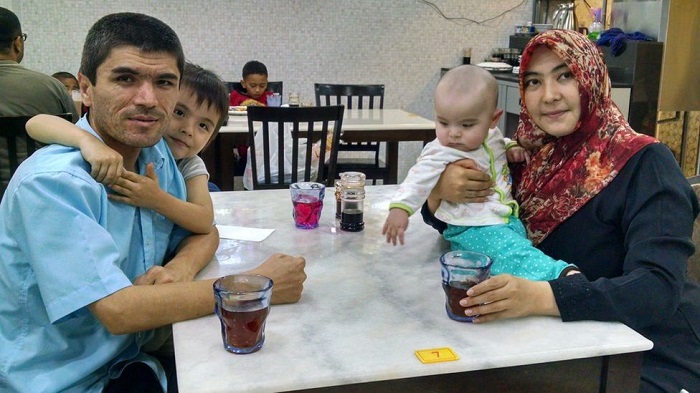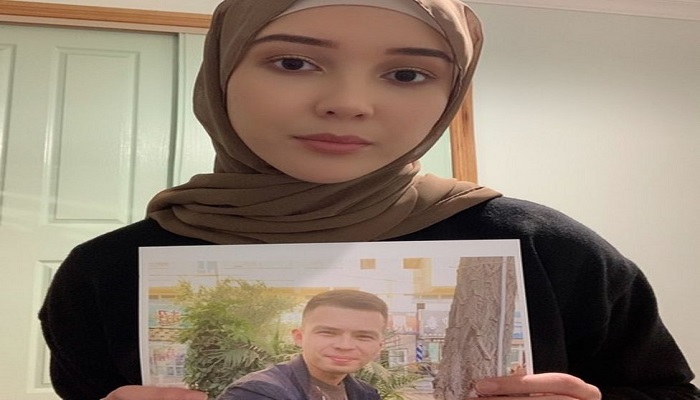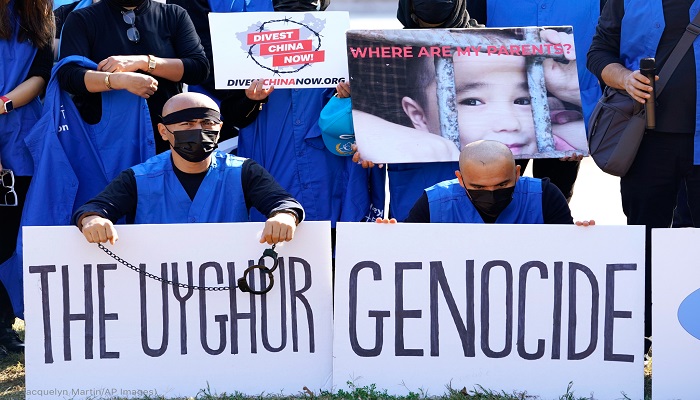Global outrage has been sparked by a United Nations study that claims China is guilty of “serious human rights breaches” and maybe crimes against humanity in its incarceration and torture of Uyghur Muslims in Xinjiang.
China claims the report is full of lies and propaganda to “serve political interests,” thus they’ve dismissed its findings. The question is, what do the Uyghurs think?
After some initial delays, everyone we spoke with expressed relief that the study was finally made public. However, they emphasized that this was only the beginning and that the report was only the “basic minimum” that could be expected from the international community.
Uyghur Australian Mehray Mezensof had a “great pang of relief” after reading the story. As the case with her husband, Mirzat Taher, illustrates, she is relieved that it acknowledged that major human rights breaches had been done in Xinjiang and highlighted China’s use of “anti terrorism” and “against extremism” as reasons.
Instead of moving to Melbourne with her, Mr. Taher has spent the past five years in and out of China’s “education and training” camps after being convicted of separatist political activity and given a 25-year prison sentence in 2021.
British resident since the year 2000, Rahima Mahmut now heads the British branch of the World Uyghur Congress, a group that advocates for Uyghur human rights.
She said the Uyghur community’s reaction to the study has been “extremely emotional” and divided, with some pleased that human rights crimes have been acknowledged and others disappointed that the report does not go far enough.

“The report didn’t say genocide,” she said. “That is what exactly is happening, I believe the Chinese government is committing genocide against my community.”
She added: “It took so long for the UN to publish this report. Five years is a very long time, especially for people who are suffering like myself. Even a day, an hour is very hard to pass.”
Ms. Mahmut called on UK business and political leaders to take action with sanctions, and remove goods made by Uyghur forced labor from the supply chain.
“The international community, governments, cannot ignore this anymore,” she said. “If they fail to act it will be willful complicity.”
Nury Turkel, a US-based Uyghur attorney and chair of the United States Commission on International Religious Freedom., said the position of the international community was now “untenable” and the report must translate into “real action”.
The report has cost lives by being delayed, he said, adding that the UN had been a “miserable failure” in addressing the issue.
“This is genocide, these are crimes against humanity that meet all the legal definitions in the book… it’s not ‘maybe’, this is something that is already happening,” he said. “The UN telling a half-story is not helpful.”
In response to the report, UK Foreign Secretary Liz Truss said the UK would “continue to act with international partners to bring about a change in China’s actions, and immediately end its appalling human rights violations in Xinjiang”.
Mamutjan Abdurehim is an Uyghur man who has been separated from his family for seven years.
While living in Malaysia, his wife Muherrem Ablet returned to their hometown in Xinjiang with their two children to renew her passport. But it was later confiscated, and she was detained in a camp in 2017 while their children were left with Mr. Abdurehim’s parents.

Mr. Abdurehim has been living in Australia for the past five years, and he has not spoken to his family once in that time.
Without his loved ones, he feels like a “dead person walking.” A persistent preoccupation of his was “how I can reach my family, how I can push for the release of my wife, and the reuniting of my family,” he explained.
He said the report was very encouraging and predicted it will be a “key issue of debate” at future meetings of the human rights council. He is optimistic that several countries will come around and back the council’s remarks after these discussions.
He noted that the wording used was relatively “soft,” avoiding terms such as “internment” or “concentration camps.”
The news was met with “mixed emotions” by Rayhan Asat, an American human rights lawyer whose brother Ekpar Asat has been imprisoned in a detention camp since 2016.
After seven years of state-sponsored violence against the Uyghur people, she characterized this as “the minimum that the UN can offer to the Uyghurs.” Yet, “this is only the beginning.”
Fearing that the resignation of UN Human Rights Commissioner Michelle Bachelet immediately after publication has left it without a driving force, Ms. Asat said she wanted to hear “straight from the lips of the UN secretary-general” that China may have committed crimes against humanity.
“to monitor whether the Chinese government will carry out the recommendations laid out in the report — including releasing all these innocent people like my brother and many others who are suffering in the concentration camps,” she adds, referring to the people currently being held in Chinese labor camps.
She went on, “We want accountability for the years of tragedies that our family members have faced.” Ms. Mezensof emphasized that now that the report was made public, the immediate release of her husband and all other Uyghurs who have been jailed arbitrarily should be a top priority.
She pleaded for the international community to “stop sitting on its hands” and “be more aggressive” in alleviating the plight of the Uyghur people. Now that the UN report is out, “they can’t keep turning a blind eye.”

Mahnur is MS(development Studies)Student at NUST University, completed BS Hons in Eng Literature. Content Writer, Policy analyst, Climate Change specialist, Teacher, HR Recruiter.










